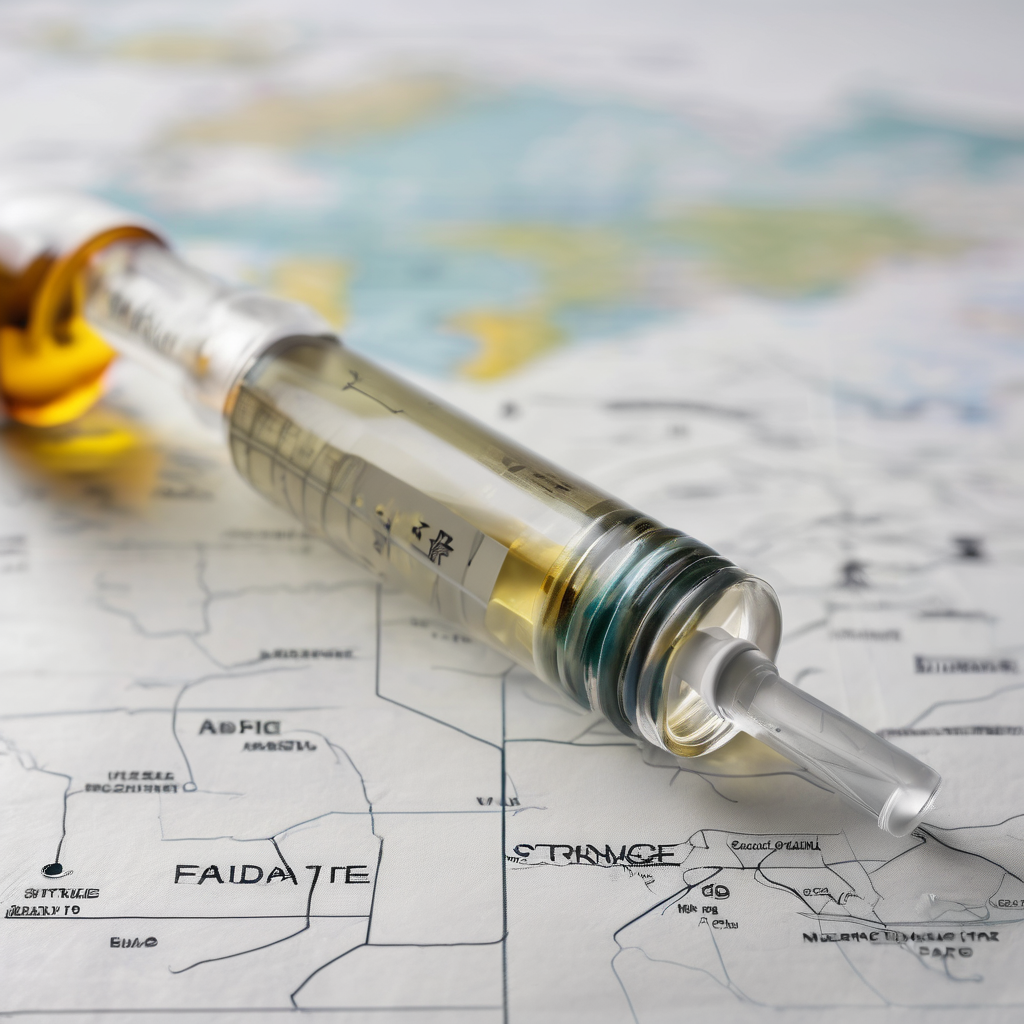Global health officials reaffirmed on Tuesday that the goal of eradicating polio is still within reach, despite facing significant budget cuts. The Global Polio Eradication Initiative (GPEI), in conjunction with the World Health Organization (WHO) and the Bill and Melinda Gates Foundation, is preparing for a substantial 30% reduction in its budget by 2026, alongside a daunting funding gap of $1.7 billion projected through 2029.
This financial shortfall is largely due to a global decline in foreign aid, heavily influenced by the United States’ withdrawal from the WHO. The future of U.S. contributions specifically dedicated to polio eradication remains uncertain, mirroring broader funding cuts from other affluent nations, including Germany and the United Kingdom.
To address this fiscal challenge, GPEI intends to enhance its focus on surveillance and vaccination initiatives in high-risk regions where the likelihood of polio transmission is greatest. The initiative is also looking to strengthen partnerships with other health campaigns, such as those targeting measles, and implement innovative strategies like the use of fractional dosing of vaccines. This tactic involves administering smaller vaccine doses, which allows for maximum coverage while still ensuring that children receive essential protection against polio.
The journey toward polio eradication has made significant strides since vaccination campaigns began in 1988, though the disease has proven to be particularly resilient. Historically, the first target date for complete eradication was set for 2000. Currently, only Afghanistan and Pakistan report endemic wild polio, with 36 cases documented in these countries in 2025. Furthermore, there have been 149 cases of vaccine-derived polio reported in various nations, including Nigeria, within the same year.
Public health experts highlight the challenges that arise from the disease’s often asymptomatic transmission, complicating tracking and monitoring efforts. However, advocates emphasize the critical need to persist with eradication initiatives, warning that even a pause in these efforts would jeopardize the gains achieved over the years.
In a related development, the WHO has raised alarms over the increase of vaccine-derived polio cases in countries such as Papua New Guinea, where immunization coverage is alarmingly low. This underscores the urgent need to ramp up vaccination efforts in both endemic and at-risk regions.
As global health officials confront these funding obstacles, there remains a strong sense of hope that continued commitment and collaboration can bring renewed success in the fight against polio and other preventable diseases, ultimately safeguarding vulnerable populations worldwide.
